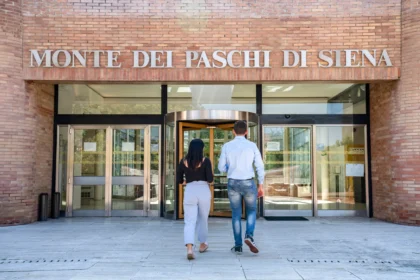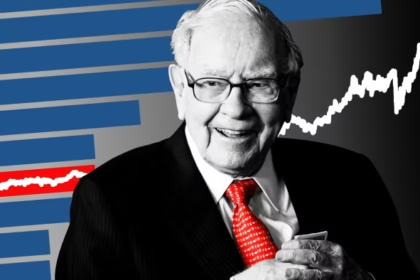In the race to dominate artificial intelligence, some of the most powerful players are not those building flashy consumer products or headline-grabbing AI models—but those operating quietly behind the scenes. Taiwan Semiconductor Manufacturing Company (TSMC), the world’s leading chip foundry, is a prime example of this “quiet power.” From powering Apple’s iPhones to fueling Nvidia’s cutting-edge GPUs, TSMC’s advanced semiconductor manufacturing is at the heart of today’s AI revolution.
The Invisible Backbone of AI
AI systems—whether training massive language models or running real-time inference—depend on ultra-powerful chips capable of handling immense computational loads. TSMC, which fabricates chips designed by companies like Apple, Nvidia, AMD, and even up-and-coming AI hardware startups, has emerged as the essential manufacturing partner enabling this boom.
Its ability to produce chips at 3-nanometer and below—the smallest, most advanced nodes currently in production—gives its clients the power efficiency and performance required for modern AI workloads. Simply put, if there’s a breakthrough in AI hardware, chances are it was made possible by TSMC’s foundries in Taiwan.
A Strategy Built on Collaboration
Unlike vertically integrated giants such as Intel, TSMC operates on a pure-play foundry model: it doesn’t design chips but focuses exclusively on manufacturing them for clients. This model allows TSMC to work with nearly every major tech company simultaneously, creating a collaborative ecosystem where the likes of Apple, Nvidia, and AMD can push innovation forward without conflict of interest.
TSMC’s deep partnerships go beyond production. Its co-development approach often involves working side-by-side with clients on early-stage designs to ensure manufacturability. For companies pushing the limits of chip architecture for AI, this collaborative expertise is invaluable.
Scaling AI Hardware at Breakneck Speed
As AI models grow exponentially larger, demand for high-performance chips has skyrocketed. Nvidia’s dominance in AI GPUs is directly tied to TSMC’s ability to mass-produce chips like the H100 and upcoming Blackwell series, which power data centers running AI workloads globally.
Similarly, Apple’s reliance on TSMC for its custom silicon—from the A-series in iPhones to the M-series in Macs—shows how AI performance is becoming central even in consumer devices. TSMC’s unmatched capacity and leading-edge processes make it uniquely positioned to meet both enterprise and consumer demand at scale.
Future-Proofing Through R&D
TSMC invests heavily in next-generation manufacturing technologies, including its upcoming 2nm node, expected to redefine chip performance by mid-decade. Its research into advanced packaging, chip stacking, and energy-efficient fabrication will be critical for supporting AI’s growing appetite for processing power without unsustainable energy costs.
The company’s “quiet power” comes not just from technology, but from its ability to plan years ahead—aligning its roadmap with the trajectories of AI leaders long before those products reach the market.
The Geopolitical Edge
Located in Taiwan, TSMC sits at the nexus of geopolitics and technology, making it one of the most strategically important companies in the world. Its dominance in advanced chip manufacturing—an area where few rivals exist—has turned it into an indispensable player for both Silicon Valley and global governments seeking technological security.
The Future of AI Runs Through TSMC
While OpenAI, Google, and Meta dominate AI headlines, none of their breakthroughs would be possible without the silicon muscle TSMC provides. Its quiet, collaborative approach and relentless focus on manufacturing excellence make it a linchpin of the AI economy.
As AI reshapes industries and becomes even more computationally intensive, TSMC’s blend of technological leadership, scale, and strategic neutrality positions it as one of the most future-proof companies in tech—a silent force driving the entire AI revolution forward.
In the age of AI, the future belongs not only to those who write algorithms, but also to those who build the chips that run them—and TSMC is leading the charge.






